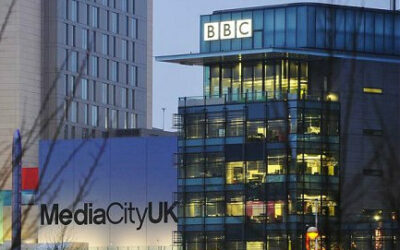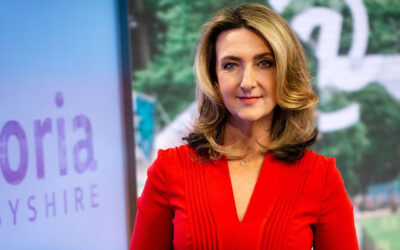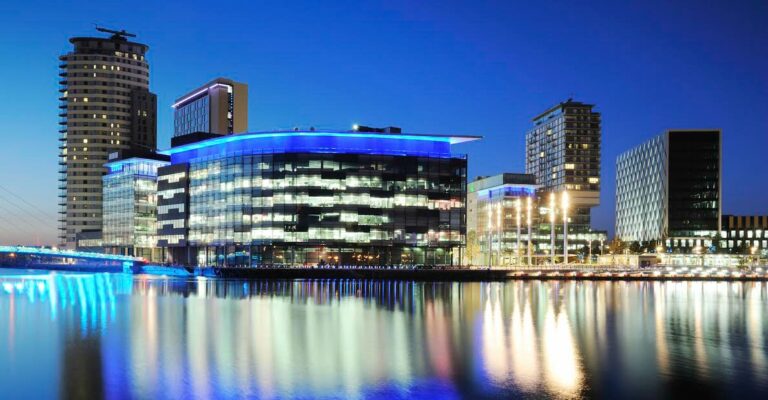The National Union of Journalists believes that yesterday’s announcement of 450 job cuts across BBC News “are part of an existential threat to the BBC.”
The BBC said that the “modernisation plans” would meet an £80m savings target and lead to a more “story-led model.” Director of News and Current Affairs, Fran Unsworth explained that there would also be more journalists based outside of London.
The BBC also confirmed that the Victoria Derbyshire Show would be scrapped; Newsnight’s budget would be cut; 12 posts would go at Radio 5 Live (although there are 2 digital journalist hires); and there would be more sharing of bulletins across the corporation.
“These damaging cuts are part of an existential threat to the BBC, and a direct consequence of the last disastrous, secret licence fee deal the BBC agreed with the government. This is before the impact of taking over responsibility for the over-75s licences kicks in,” stated Michelle Stanistreet, NUJ General Secretary.
“Against this backdrop, the BBC’s very existence is being threatened with public service broadcasting under unprecedented threat. If the government goes ahead and decriminalises non-payment of the licence fee, we know the impact will be further losses for the BBC of around £200m a year and increased collection costs of £45m. Such a politically motivated move – dressed up as concern for the mythical imprisonment of vulnerable members of society – will serve to undermine one of the UK’s strongest success stories, emasculating a brand renowned and respected across the globe.
“The BBC is the single biggest driver of the creative economies, and a vital part of the British economy. If there is a desire to change the licence fee model, then that should be properly considered and consulted upon, with no changes until a credible alternative is found, one that fulfils the BBC’s public service values and the key principle of universality. The government should be supporting and properly resourcing the corporation – an organisation that wields significant soft power across the globe – instead of indulging in ideological retribution.
“That is why the next BBC director general must be a champion for the corporation, someone capable of fighting for this broadcasting powerhouse, someone able to stand up against any future political interference. The BBC’s detractors and competitors in the media are scenting blood – we’ve all seen the headlines and read the opinion pieces with unnamed sources dripping poison. We can all see which way the wind is blowing. The corporation faces a truly tough time. The NUJ will do all it can to defend public service broadcasting and protect our members’ jobs from these politically-motivated attacks. And that includes refuting commentary that seeks to link overdue settlements to women who have been discriminated against and unlawfully denied equal pay with job cuts – a crass and ill-informed red herring.”
Yesterday Unsworth explained the cuts saying:
“The BBC has to face up to the changing way audiences are using us. We have to adapt and ensure we continue to be the world’s most trusted news organisation, but crucially, one which is also relevant for the people we are not currently reaching.
“We need to reshape BBC News for the next decade in a way which saves substantial amounts of money. We are spending too much of our resources on traditional linear broadcasting and not enough on digital.
“Our duty as a publicly funded broadcaster is to inform, educate, and entertain every citizen. But there are many people in this country that we are not serving well enough.
“I believe that we have a vital role to play locally, nationally and internationally. In fact, we are fundamental to contributing to a healthy democracy in the UK and around the world. If we adapt we can continue to be the most important news organisation in the world.”











